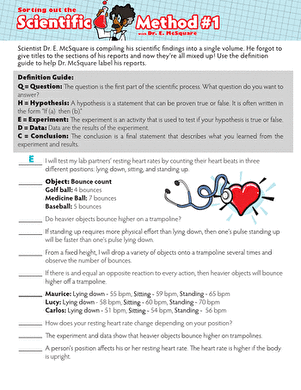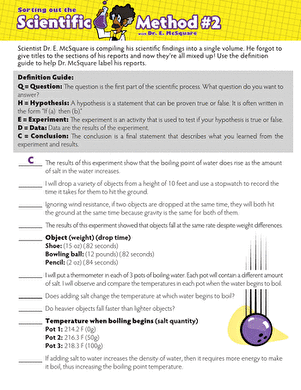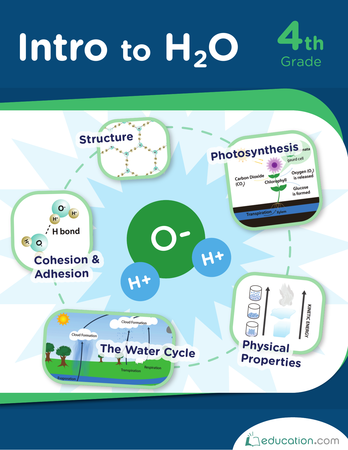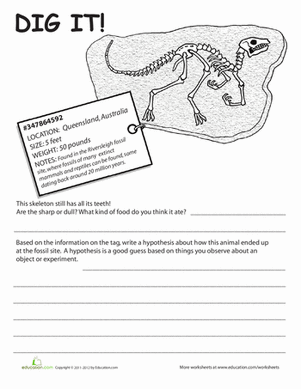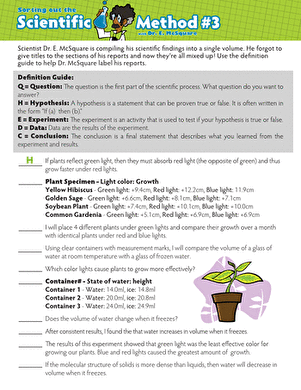The Scientific Method Resources
58 results
Science
✕Sort by:
58 results
Sort by:
About The Scientific Method Resources
On Education.com, the Scientific Method Resources provide students with a variety of educational materials to learn about the process of scientific inquiry. This includes worksheets, printable posters, lesson plans, and activities that guide learners through steps such as observation, question formation, hypothesis development, experiment design, data collection, and conclusion analysis. These resources help students understand how science works in real-world contexts and promote critical thinking skills.
The Classroom Sustainability Resources on Education.com offer teaching aids like digital simulations, experiment ideas, and curriculum guides focused on environmentally friendly practices. Teachers can access printable templates, project challenges, and interactive elements that support hands-on learning across subjects like science, geography, and social studies. These resources make sustainability concepts engaging and accessible for students from elementary through middle school.
Explore the Future Engineers section on Education.com to access projects, challenge templates, and activity ideas that foster engineering creativity. Students can participate in building challenges, design experiments, and hands-on experiments that develop problem-solving abilities and logical thinking. These resources integrate practical application with learning objectives to spark innovation and inspire a love for engineering at all grade levels.
The Classroom Sustainability Resources on Education.com offer teaching aids like digital simulations, experiment ideas, and curriculum guides focused on environmentally friendly practices. Teachers can access printable templates, project challenges, and interactive elements that support hands-on learning across subjects like science, geography, and social studies. These resources make sustainability concepts engaging and accessible for students from elementary through middle school.
Explore the Future Engineers section on Education.com to access projects, challenge templates, and activity ideas that foster engineering creativity. Students can participate in building challenges, design experiments, and hands-on experiments that develop problem-solving abilities and logical thinking. These resources integrate practical application with learning objectives to spark innovation and inspire a love for engineering at all grade levels.





